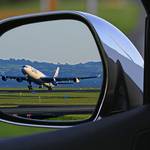General
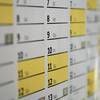 What is the best time to visit Germany?
What is the best time to visit Germany?
 What is the climate like in Germany?
What is the climate like in Germany?
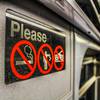 What NOT to do in Germany?
What NOT to do in Germany?
 How do I access Internet in Germany?
How do I access Internet in Germany?
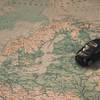 Where should I go in Germany for a week?
Where should I go in Germany for a week?
 Where should I go in Germany for 2 weeks?
Where should I go in Germany for 2 weeks?
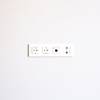 What type of adapter do I need for the outlets?
What type of adapter do I need for the outlets?
 What should I pack for my trip?
What should I pack for my trip?
Transport
People
Accomodation
Food & Drink
Sightseeing
Legal
Money
Safety & Health
Family travel
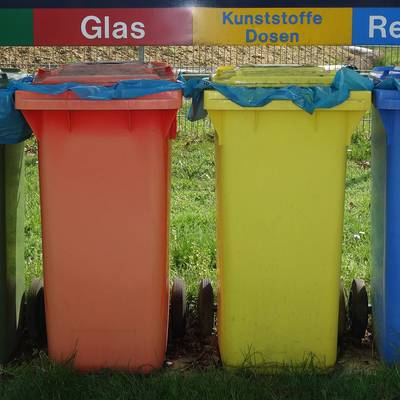
What should I know about recycling in Germany?
Germany is a very "green" country, all the trash is always separated. The country uses an incentive system, called the Pfandsystem, to help ensure bottles are returned to be recycled. You can save money by bringing your own bottles back to the grocery store for a credit that you can use at the register. For a turned plastic bottle, you will get 25 cents, and less for glass bottles.
If you aren’t going to return your bottles yourself, especially if you don’t think you’ll get enough glass bottles to turn in at once, then leave your bottles outside next to trash cans instead of putting them in the bins. Locals in need of cash and with time to spare, like the homeless, students, and the retired, will come by and collect them to turn them in. This way your bottle still ends up getting recycled.
Waste separation means that different types of garbage are collected and recycled separately. In Germany, waste separation starts with the consumer, i.e. households sort their trash and put it in separate bins and containers.
In big cities, there are four different bins in almost every backyard. In the countryside, you may have to drive to a recycling plant to find all these bins. You'll also see those bins around any city and there are always some at S- and U-Bahn stations.
Only certain types of waste may be thrown into each bin:
- Yellow Bins (also „yellow bags“ or „Grüner-Punkt-Müll“): Light-weight packaging, i.e. all packaging which are not made of glass or paper (for example aluminum foil, plastic bags, tins, yoghurt cups, Tetra-packs in which juice and milk are sold, plastic bottles and coffee packs)
- Green or Blue Bins: Paper waste and cardboard (for example, paper bags, newspapers, catalogs, writing paper, cartons, cigarette packs). Please note: Very old/stained paper, e.g. paper packages of groceries, ought to be put in the residual waste bin and Tetra-packs (in which juice and milk are sold) belong in the yellow sack or bin.
- Black or Gray Bins: residual waste or household waste and all other types of waste that cannot be recycled (for example, porcelain, hygiene articles, dirty packaging, damaged shoes or utensil, vacuum cleaner bags, diapers, cigarette butts, window glasses).
- Bio Waste or Brown Bin: compostable kitchen and garden waste (e.g. coffee and tea dregs, fruit and vegetables remains, eggshells, leaves).
You should follow these waste separation rules even if you're in Germany as a tourist!
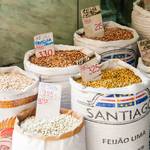
How much does the food cost?

Where to buy alcohol in Germany and how much does it cost?
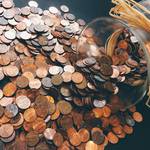
Am I expected to tip in Germany?
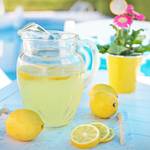
What soft drinks are available?

How do I get around Germany?
